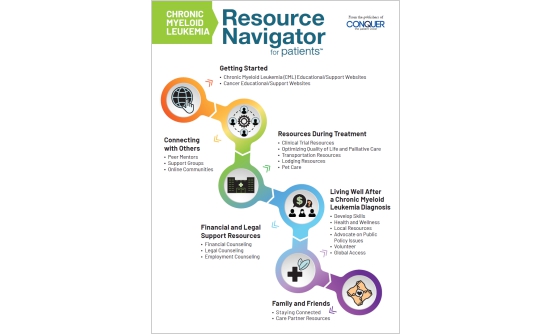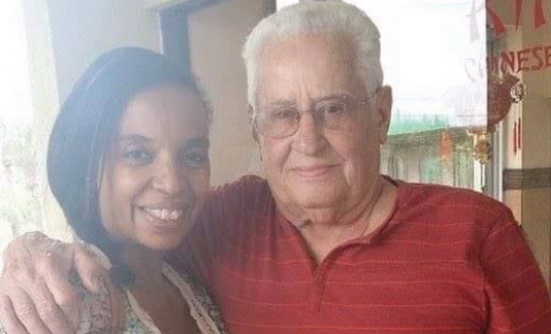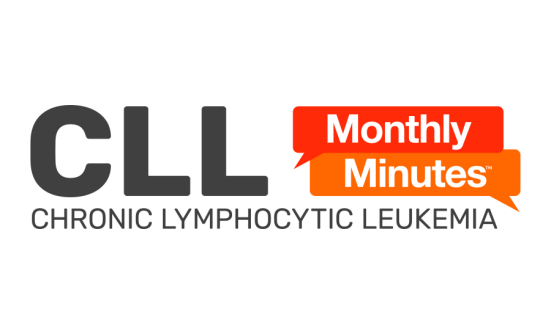Immunotherapy has led to great advances in the treatment of patients with certain types of leukemia that does not respond well to chemotherapy. One type of immunotherapy is CAR T-cell therapy, in which the patient’s own immune T-cells are taken from the patient, modified in a laboratory, and then re-injected into the patient’s body to attack the cancer.
Tecartus (brexucabtagene autoleucel) is a new CAR T-cell therapy that was approved in July 2020 for the treatment of mantle-cell lymphoma, a rare type of lymphoma. This was the first FDA approval of a CAR T-cell therapy for this type of lymphoma, based on results from the ZUMA study.
After these positive results, investigators followed up with a similar study called ZUMA-3 that included patients with relapsed (coming back) or refractory (not responding to therapy) acute lymphoblastic leukemia (ALL), who don’t have many treatment options.
At the 2021 ASCO Annual Meeting, new results from the ZUMA-3 study showed that this new CAR T-cell therapy was beneficial in patients with relapsed or refractory B-cell ALL who had already received several treatments.
Bijal D. Shah, MD, MS, Associate Member, Department of Malignant Hematology, Moffitt Cancer Center, Tampa, Florida, presented the results from the study at the meeting, which showed that this CAR T-cell therapy was beneficial in patients with ALL.
“The management of ALL in adults remains a therapeutic challenge, complicated by high rates of relapse and poor outcomes once relapse emerges,” said Dr. Shah. “This unmet medical need inspired the development of ZUMA-3.”
After receiving chemotherapy with fludarabine and cyclophosphamide, the patients then received a single infusion of the CAR T-cell therapy.
A total of 71 patients were included in the study, and 55 of them received infusion with brexucabtagene autoleucel. According to Dr. Shah, the reasons that patients did not receive the CAR T-cell infusion included infection and blood clots.
The average age of patients in the study was 40. Patients had received many new treatments before the study.
High Rates of Complete Remission
A total of 56.4% of patients who received brexucabtagene autoleucel treatment had a complete remission, meaning that they had no signs of cancer after receiving this CAR T-cell therapy. Overall, 71% of the patients had either complete remission or complete remission with incomplete hematologic recovery.
In addition, the percentage of patients with no sign of minimal residual disease was 97% in those who responded to brexucabtagene autoleucel.
These promising responses were consistent across all patients in the study, regardless of their age or the number or type of previous treatments they had received.
The average time of disease remission was 12.8 months, regardless of whether the patient also received a stem-cell transplant after the CAR T-cell therapy.
“Of note, 31% remain in ongoing remission without subsequent allogeneic transplant,” Dr. Shah said.
Among all the patients who received CAR T-cell therapy with brexucabtagene autoleucel, the average time without disease relapse was 11.6 months; this increased to 14.2 months among patients who had complete remission. The average overall survival was 18.2 months.
“We have demonstrated in a multicenter, international phase 2 study that a single infusion of brexucabtagene autoleucel is associated with a high and durable response rate in heavily pretreated adult patients with relapsed and refractory B-cell ALL,” said Dr. Shah.
Safety Profile
The most common serious (grade 3 or grade 4) side effects were anemia (reduced red blood cells) and fever. Furthermore, 25% of the patients had cytokine release syndrome, or other side effects related to the nervous system, such as tremor or confusion.
But according to Dr. Shah, these and other side effects reported in the study were “largely reversible.” In addition, 10 patients died during the study, and 2 of these deaths were related to the CAR T-cell therapy: 1 patient had brain herniation and 1 had septic shock (a severe infection).
“The efficacy, rapid manufacturing, and manageable safety support the promising role of brexucabtagene autoleucel in providing a long-term clinical benefit in these patients,” Dr. Shah concluded.











